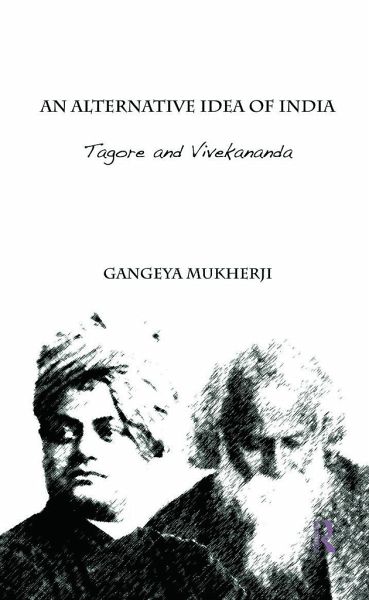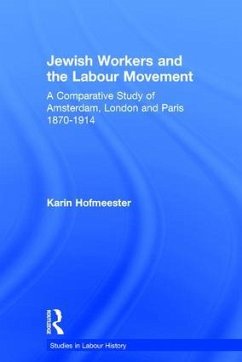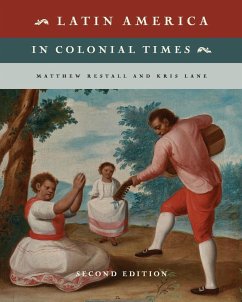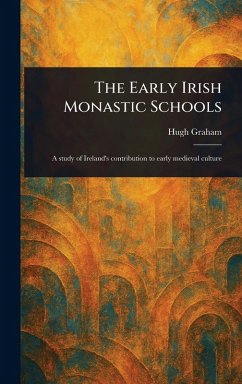
An Alternative Idea of India
Tagore and Vivekananda
Versandkostenfrei!
Versandfertig in 1-2 Wochen
167,99 €
inkl. MwSt.
Weitere Ausgaben:

PAYBACK Punkte
84 °P sammeln!
This book attempts to unravel the worldview of two prominent Indians of recent Indian history Tagore and Vivekananda. Both suggested emancipation through political struggles but without transgressing the boundaries of humanism. This is significant, as identifying an enemy was an intrinsic part of nationalistic formulations. The larger philosophy of life, for Tagore and Vivekananda, was to reach out across geographical borders. In this work, their alternative idea of India is analysed in the larger context of the many formulations of nationalism with special reference(s) to theoretical as well as literary works in European and Indian contexts. The author brings on board critiques that have emerged recently secularist, feminist and postcolonial and defends his subjects against them. This book is essentially an intellectual interrogation of two eminent thinkers of their time, and falls within the rubric of intellectual history.
This book constitutes an intellectual interrogation of two eminent thinkers of their time - Tagore and Vivekananda - while juxtaposing them against the historical currents of nationalism. It shows how both suggested emancipation through political struggles but without transgressing the boundaries of humanism.













